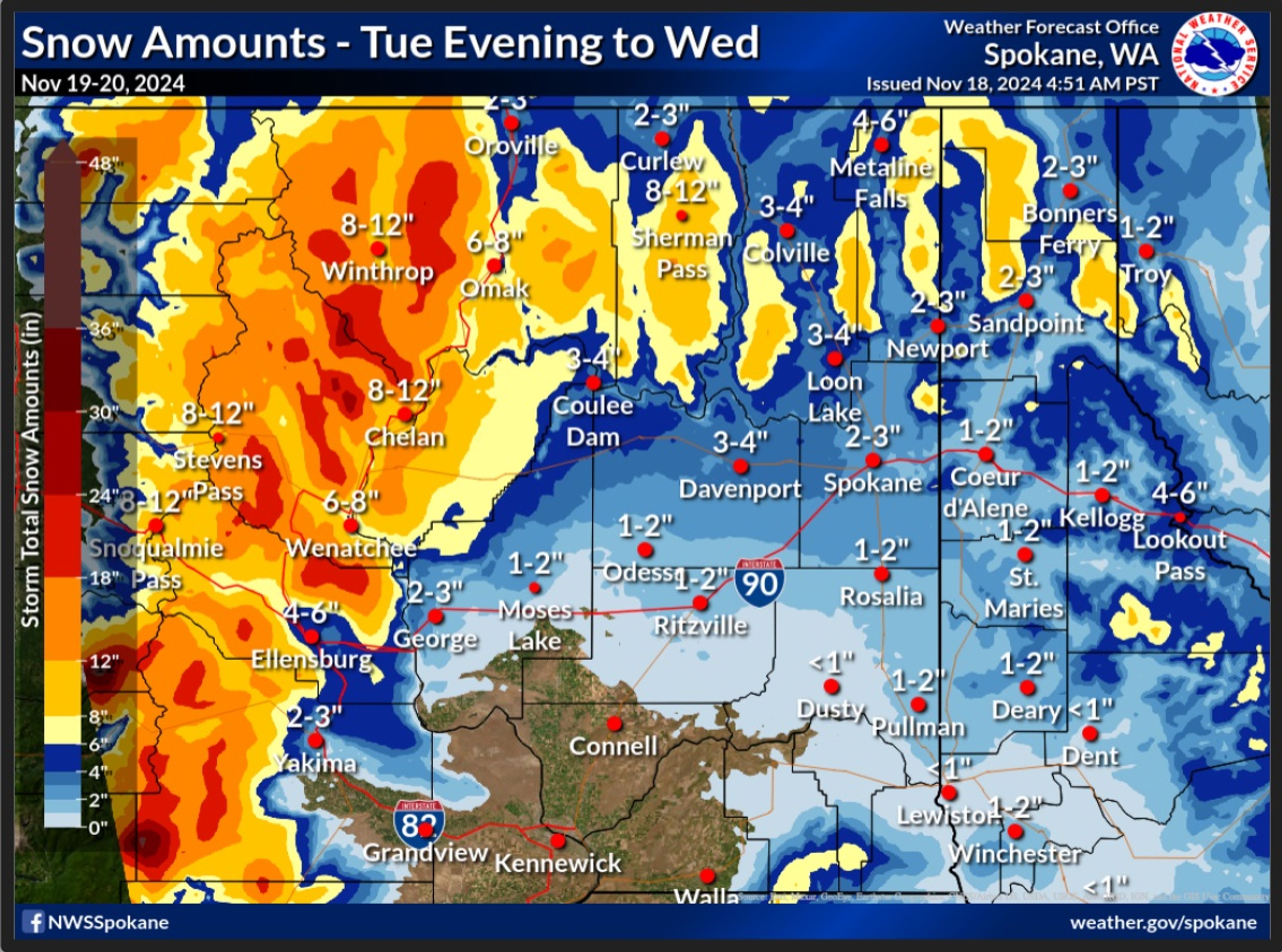Caution encouraged after equine virus news
Equestrians warned to look out for symptoms following cases in Spokane County; Lewiston Roundup closes events as a precautionary measure
The Lewiston Roundup Association has closed for equestrian events until further notice due to an outbreak of equine herpesvirus in Spokane.
Two horses died after being exposed to a strain of the virus that causes neurological symptoms, including uncoordinated movements and inability to rise.
So far, no cases have been identified in Idaho, said Dr. Scott Leibsle, state veterinarian for the Idaho State Department of Agriculture.
He said horse owners who were attending equestrian competitions in Spokane County any time in the past two weeks should keep an eye out for symptoms. Equine herpesvirus has an incubation period of seven to 10 days.
One of the hallmarks of equine herpesvirus is called a biphasic fever, in which a horse’s temperature spikes, lowers and then spikes again. Horse owners who suspect their horse may have been exposed should take their horse’s temperature twice daily, Leibsle said.
“The horse having a fever, it could be a hundred different things, and I don’t want to scare horse owners,” he said. “But if you are at risk, that is the best way to catch an early symptomatic horse before it may become neurologic.”
Owners should also note if their horse is acting unusual, Leibsle said, as it could be an indication of illness.
“You’ll see your horse not acting like itself first. I can’t give you any more specifics than that because really what it takes is a keen eye and a familiarity,” he said. “The person who’s most familiar with that animal is the best to be able to judge that.”
If a horse is infected, treatment generally includes supportive care including anti-inflammatories, which can prevent swelling in the brain that causes the neurologic symptoms.
“Try to keep them eating, try to keep them standing if possible,” Leibsle said. “When horses no longer have the ability to stand … the prognosis is significantly worse.”
While a vaccine exists that can protect against strains of the virus that cause reproductive and respiratory symptoms, no such vaccine exists that protects against neurologic symptoms, Leibsle said.
A Livestock sale on Monday in Lewiston barred any horses showing signs of illness, as evaluated by veterinarians with the Idaho State Department of Agriculture, from entering sale yards in response to the outbreak.
The virus is spread by direct contact and potentially through respiratory droplets. Preventing nose-to-nose contact between horses and not sharing equipment can help prevent transmission of the virus.
Leibsle said anyone whose horse is acting sick or unusual should refrain from traveling with their horse.
“You shouldn’t go,” he said. “Or if you’re already at the facility, you should go home.”
Sun may be contacted at rsun@lmtribune.com or on Twitter at @Rachel_M_Sun. This report is made in partnership with Northwest Public Broadcasting, the Lewiston Tribune and the Moscow-Pullman Daily News.








